Why is School Choice important?

Students are Different
Having access to a variety of schooling options ensures families can choose the educational model that best aligns with their values and meets the unique needs of their children. Parents know best what their children need to thrive academically.
School Choice Spurs Innovation
When families have more school choices, competition drives innovation, pushing schools to try new methods to improve teaching methods, curricula, and educational approaches to attract and retain students.


Students have higher academic success.
Recent research from Stanford University’s Center for Research on Education Outcomes found that charter school students on average had greater achievement gains in reading and math than their traditional public-school peers.
School choice can close achievement gaps.
In Colorado, charter schools serve more students of color than non-charters and consistently improve achievement levels for these students, resulting in a closing of achievement gaps by race, ethnicity and income level. Charter schools in Denver have significantly increased the share of students of color and low-income students earning a postsecondary credential after high school.

What is School Choice?
School choice empowers parents to select the best school for their child, regardless of a student’s zip code, race, ethnicity, ability or socioeconomic status. School choice rejects a one-size-fits-all approach, offering families a range of educational options tailored to meet the unique learning needs of students.
“Parents are voting with their feet. They’re saying that what charter schools provide, whether it’s a different kind of curriculum, a different approach to education, or – quite frankly – just better education, that’s what I want.”
COLORADO SENATE MINORITY LEADER PAUL LUNDEEN
How Does School Choice Work in Colorado?
Colorado is an open enrollment state, meaning that students and their families can choose to attend their neighborhood public school, or they can choose to attend a different public school within or outside of their school district if there is capacity. Other types of schools of choice include magnet schools, charter schools and innovation schools, all of which are tuition-free public schools. Currently, 38% of Colorado public school students are exercising school choice to attend a public school that is not their residentially assigned school.
Colorado law also allows families to send their children to private schools or to homeschool them, and approximately 15 percent of families exercise one of those options. If a student is attending a public school, the funding from the state will follow that student to any public school of their choice. Colorado does not provide public funding for students attending private schools or for students who are homeschooled full time.
Current Challenges
- School choice faces constant criticism from special interest groups and officials who argue that charter schools drain resources from traditional public schools, worsening inequities. However, studies show the opposite—charter schools are a rising tide that lifts all boats, improving academic success not just for the students who are attending a charter school but for all students in a district that has a high level of school choice.
- Local school boards, often hostile to choice, use “exclusive chartering authority” to prevent new charter schools from opening and successful schools from replicating.
- In 2024, House Bill 1363 was introduced under the guise of “accountability,” despite charterschools already adhering to the same accountability and transparency laws as traditional schools. Continued attacks in this vein are expected. Charter schools were designed to operate semi-independently to innovate within the public education system, and yet every year legislators try to strip away autonomy from charter schools.
- In 2024, Charter School Institute (CSI) schools were fully funded for the first time since the Mill Levy Override Equalization law was passed in 2017. Already there are attempts to reduce that funding, which would take resources away from CSI charter school students.

The Bottom Line
Every student deserves access to an exceptional education. School choice empowers families to select the school that they believe will best provide that for their children. No child should be excluded from attending a school that will meet their needs because of the zip code they live in. Over the past 30 years, the demand for school choice has grown and now more than 1/3rd of public school students attend a school of choice.
While critics claim school choice harms traditional public schools, evidence from Colorado and beyond shows that it improves academic outcomes, especially for students of color and low-income students, proving its role in fostering student success for those students who are most underserved.
Rather than recognizing that school choice is a rising tide that lifts all boats, anti-school choice special interest groups persist in their dogmatic adherence to a status quo that is highly inequitable and continues to underprepare and underserve our most vulnerable students. School choice is a bright spot in K-12 public education that we should seek more of, not less.


